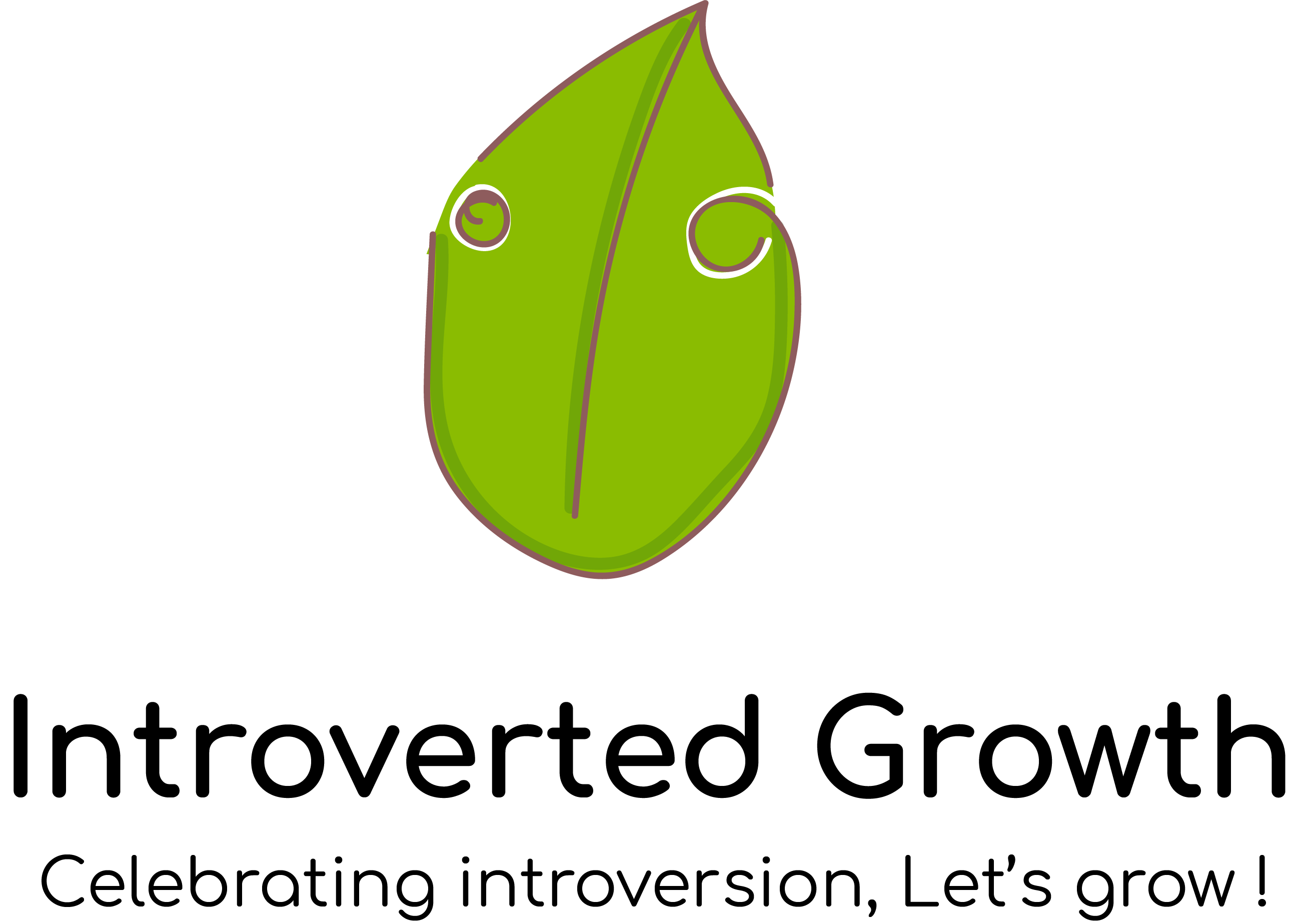Type 8, the Challenger, is one of the nine Enneagram types. It is associated with the basic desire to be in control and to assert independence and power.
The Instinctual Subtypes describe how each type tends to use their basic instincts (Self-Preservation, Sexual, and Social) to cope with the challenges of life. This article will explore the SO 8 subtype.
Who is the Social 8 enneagram?
The Social (also known as Interpersonal) Subtype of Type 8 is focused on using their social instincts to assert their independence and control in their relationships and interactions with others.
They tend to be strong, self-confident, and decisive, and they often take charge in situations where others might hesitate or hold back. They value honesty, directness, and authenticity in their interactions, and they may struggle with feelings of vulnerability or being controlled by others.
What differentiates the SO 8 from other instinctual subtypes?
Compared to the other Instinctual Subtypes of Type 8, the Social 8 may be more focused on their relationships and interactions with others and maybe more aware of the social dynamics and power dynamics at play in their interactions.
They may also be more attuned to the feelings and needs of others and may be more inclined to use their assertiveness and decisiveness to advocate for the well-being of others.
On the other hand, the Self-Preservation 8 (also known as the Pragmatist) may be more focused on their own practical needs and desires, and may be more inclined to use their assertiveness and decisiveness to achieve their own goals and protect their own interests.
The Sexual 8 (also known as the Protector) may be more focused on their own desires and passions and may be more inclined to use their assertiveness and decisiveness to pursue their own pleasure and fulfillment.
8 signs You Might be an Enneagram Social 8
-
Assertiveness and decisiveness
Social 8s are known for their strong, confident, and decisive nature. They are not afraid to speak their minds and take charge of a situation when necessary. They believe in being upfront and honest, and they may come across as blunt or confrontational at times.
-
Independence and control
Social 8s place a high value on their independence and autonomy, and they may feel uncomfortable or resentful if they feel controlled by others. They tend to be assertive and decisive in their interactions, and they often seek to maintain control in their relationships.
-
Direct communication style
Social 8s are straightforward and direct in their communication, and they value honesty and authenticity. They may not sugarcoat their words or try to beat around the bush, and they may appear blunt or confrontational as a result.
-
Emotional intensity
Social 8s can be intense and passionate people, and they may struggle with strong emotions such as anger or resentment. They may have a hard time hiding or controlling their feelings, and they may appear emotional or volatile at times.
-
Vulnerability
Despite their strong and self-confident exterior, Social 8s may struggle with feelings of vulnerability and insecurity. They may have a hard time admitting their weaknesses or showing vulnerability and may try to cover it up with a tough exterior.
-
Empathy and compassion
Despite their assertive and decisive nature, Social 8s can also be deeply empathetic and compassionate towards others. They may be attuned to the feelings and needs of those around them, and they may be driven to advocate for the well-being of others.
-
Loyalty and commitment
Social 8s value loyalty and commitment and they may form strong, long-lasting relationships with those they trust and respect. They may be protective of their loved ones and willing to go to great lengths to defend or support them.
-
Leadership and teamwork
Social 8s may excel in leadership roles, and they may be skilled at bringing people together and fostering a sense of unity and cooperation. They may be natural team players who are able to bring out the best in those around them.
Growth Tips for the Enneagram Social 8
1. Seek out new challenges
You may be confident and decisive, and you may enjoy taking charge and leading others. However, it’s important to challenge yourself and to try new things that push you out of your comfort zone.
This can help you to grow and develop new skills, and can also help you to stay engaged and motivated.
2. Practice gratitude
If you’re struggling with feelings of vulnerability or being controlled by others. It’s important to practice gratitude and to focus on the positive aspects of your life and relationships. This can help you to feel more grounded and balanced, and can also help you to connect more deeply with others.
3. Set boundaries
You have a direct and assertive communication style. Now if you struggle with feeling controlled by others. It’s important to set boundaries and to communicate your needs and expectations clearly and directly. This can help you to maintain your independence and autonomy, and can also help you to build stronger, healthier relationships.
4. Seek support
Even if you have a strong sense of self, you need to recognize that everyone needs support at times, and it’s okay to ask for help when you need it. Seeking out support from trusted friends, family members, or a therapist can help you to feel more connected and supported, and can also help you to work through challenges and setbacks.
5. Practice self-compassion
It’s important for you to practice self-compassion and to recognize that everyone makes mistakes and has weaknesses. It’s okay to be imperfect, and it’s important to be kind and understanding toward yourself when you fall short of your own expectations.
This can help you to feel more balanced and grounded, and can also help you to be more understanding and compassionate towards others.
Conclusion
Your Social variant brings many unique strengths and challenges to your relationships, work, and personal growth.
Remember to take this information as a tool to help you get to know yourself better, but also keep in mind that each one of us is unique and cannot be fully captured by a personality typing system.
With a focus on self-acceptance, gratitude, and healthy relationships, you can continue to develop and thrive as an individual.



